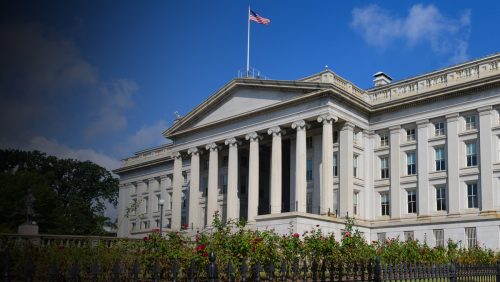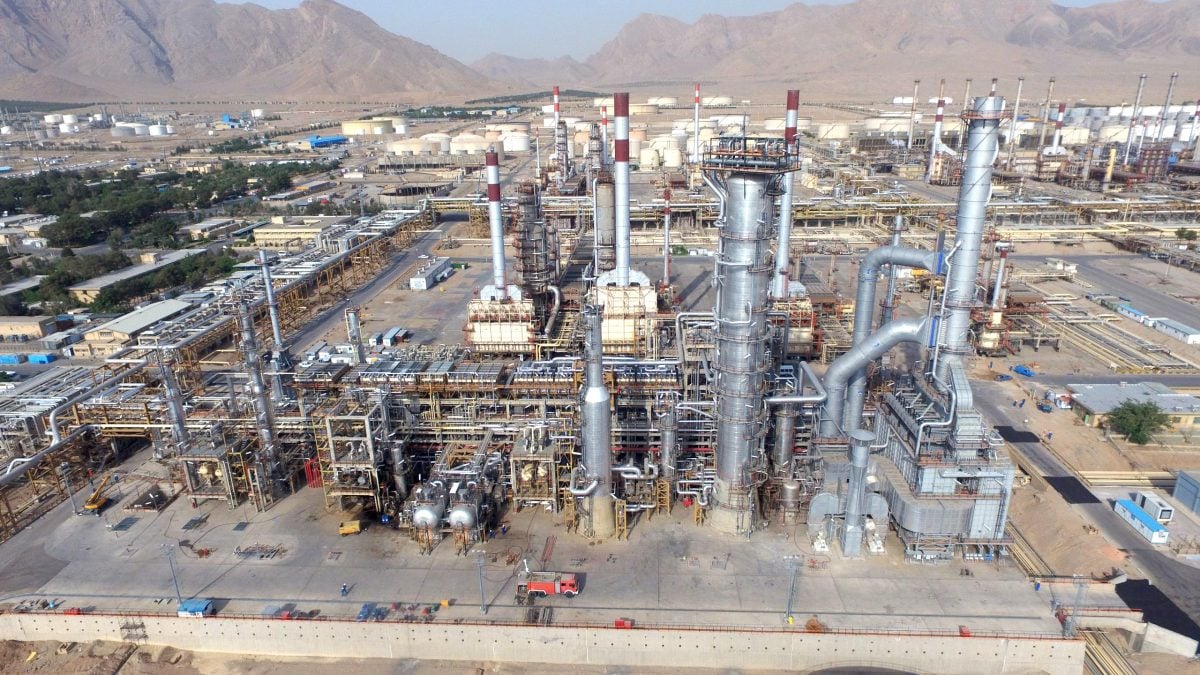The second largest oil refinery in Iran is heading to break into the production of propylene, which is mainly used in the leading petrochemical industry in Tehran.
The Isfahan Oil Refinery announced a restructuring and development plan towards becoming a holding company for the oil refining and petrochemical industry, according to the independent local Financial Tribune.
The company that owns the refinery, located in the central province of Isfahan, plans to become a major producer of propylene in Iran within the next 3 years, given its importance in the world’s leading Iranian petrochemical products, according to the specialized energy platform.
600 thousand tons in 2026
The managing director of the Isfahan Oil Refinery Company, Mohsen Qaderi, said that they have a plan to achieve this ambitious goal by establishing a catalytic cracking unit to convert liquid distillation waste into propylene.
The company expects its production of propylene to reach 600,000 tons by 2026, according to the details of the development plan seen by the specialized energy platform.
Propylene is a colorless, odorless gas that is widely used in the manufacture of petrochemical products. It can also be converted into other value-added products such as polypropylene.
Hydrogen catalytic cracking units are used to treat refining tailings back into higher levels of propylene, according to the Specialized Energy platform.
$18 billion
Iran plans to expand oil refining and petrochemical projects as part of its strategy to export value-added materials abroad and meet domestic demand.
In March 2022, the National Iranian Oil Engineering and Construction Company announced a plan to pump investments worth $18 billion to establish new refining and petrochemical projects in the country in the coming years.
The proposed projects include the establishment of a new oil refinery bearing the name of “Qassem Soleimani”, the commander of the Iranian Revolutionary Guards, who was assassinated by the United States of America on January 3, 2020.
It is planned to establish this refinery with a refining capacity of 300,000 barrels at an investment cost of $11.5 billion, according to the specialized energy platform.
It is also expected to establish the Khuzestan refinery with investments of 4.5 billion dollars, in addition to the Abadan refinery at a cost of 1.7 billion dollars in the coming years.
petrochemical exports
Iran is betting on increasing exports of petrochemical products abroad to save hard currency, in light of the blockade imposed on the sale of Iranian crude oil in global markets due to its nuclear program.
Petrochemical products are involved in multiple inter-industries covering all fields of industry, commerce and agriculture, down to household products traded in the kitchen, furniture and others.
The Iranian government plans to pump huge investments in the petrochemical sector, exceeding $93 billion by 2025, compared to $83 billion in 2021.
Iran currently has 64 petrochemical production plants with a production capacity of 90 million tons, and it is planned to add 65 new plants to the sector by 2027.
Iranian petrochemical exports recorded a jump in their revenues, to record $15 billion during the past 11 months until the end of February 2023.
Sanctions against 9 companies

The United States of America has added 9 new companies to the sanctions list, accusing them of selling Iranian petrochemical products abroad, according to a decision issued by the US Treasury Department on February 9, 2023.
The sanctions included 6 companies based in Iran, and 3 companies in Malaysia and Singapore, according to the specialized energy platform.
The tightening of sanctions on Tehran coincides with the stalled talks to revive the Iranian nuclear agreement concluded in 2015, but this is not the first time that Iranian companies have been subjected to US sanctions.
In January 2020, the US Treasury imposed sanctions on Trillance Petrochemical Company, accused of facilitating the sale of petrochemical and oil products to foreign clients, including China.
related topics..
Also read..

Leave a Reply